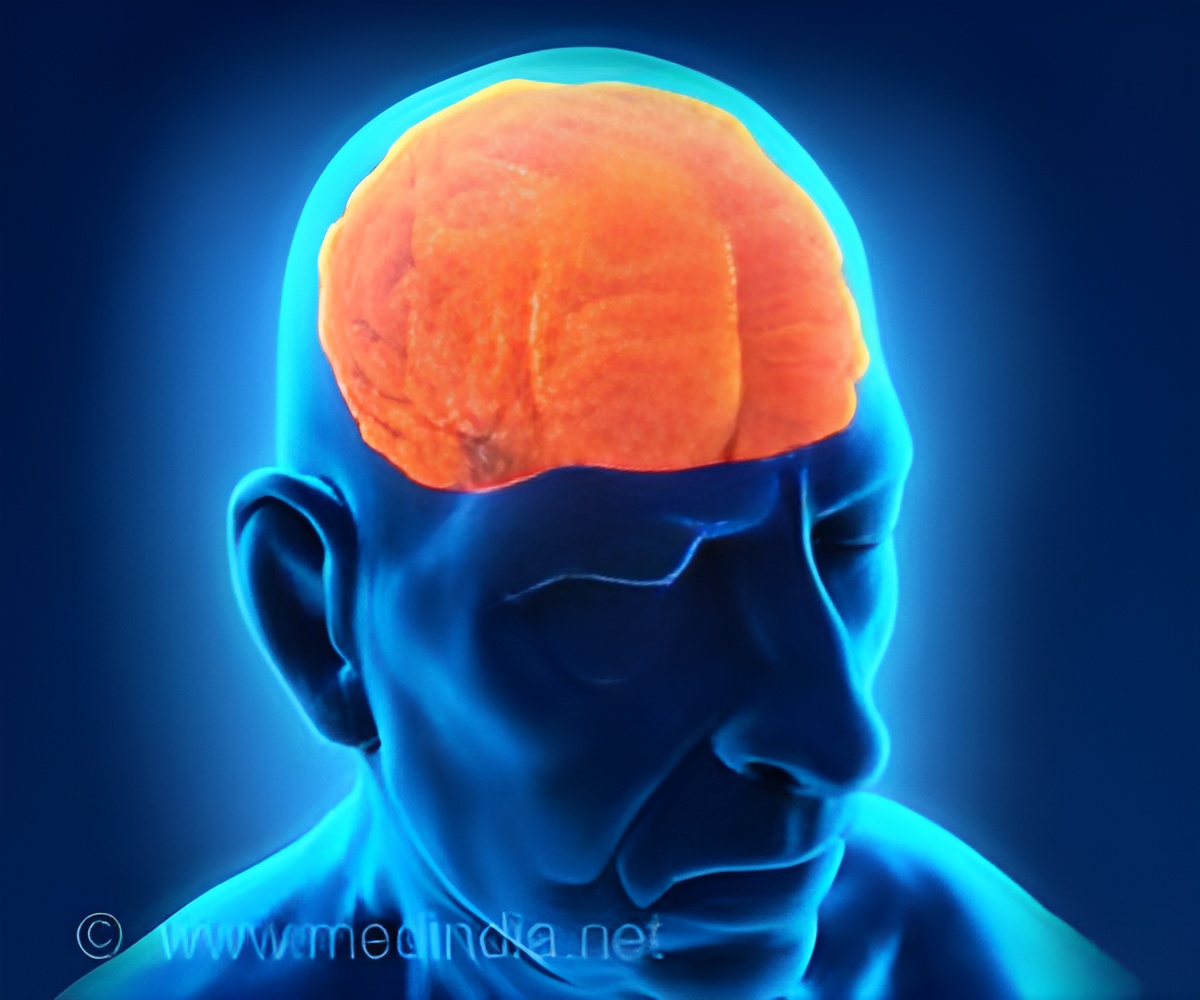Signals sent from skeletal muscle were found to affect the brain. Findings suggest that tailoring this signaling may potentially help combat neurodegenerative conditions.

The signals work by preventing the buildup of misfolded protein aggregates. Findings suggest that tailoring this signaling may potentially help combat neurodegenerative conditions like age-related dementia and Alzheimer's disease.
"We found that a stress response induced in muscle could impact not only the muscle but also promote protein quality control in distant tissues like the brain and retina," said Fabio Demontis, PhD, of St. Jude Developmental Neurobiology. "This stress response was actually protecting those tissues during aging."
Source-Eurekalert










